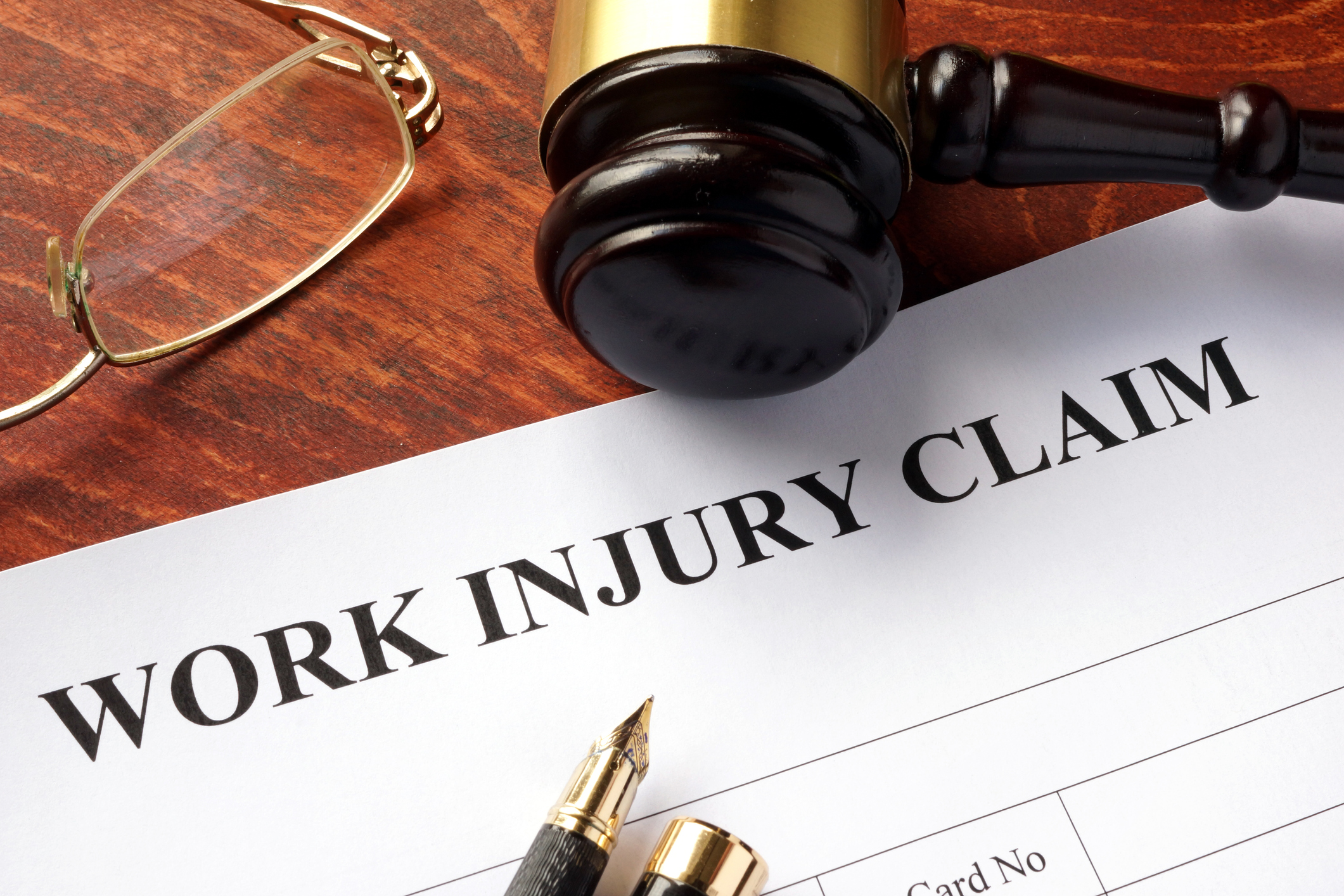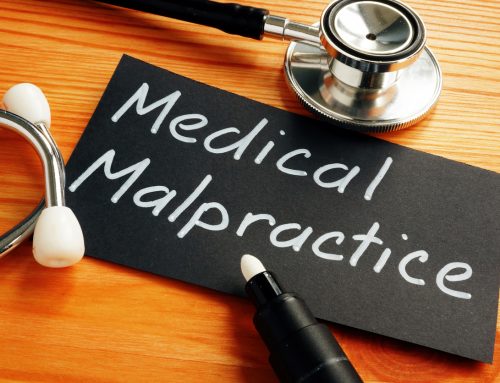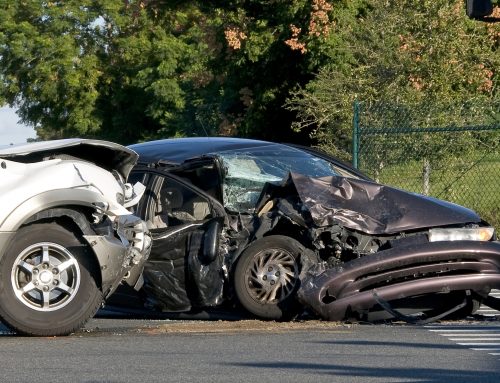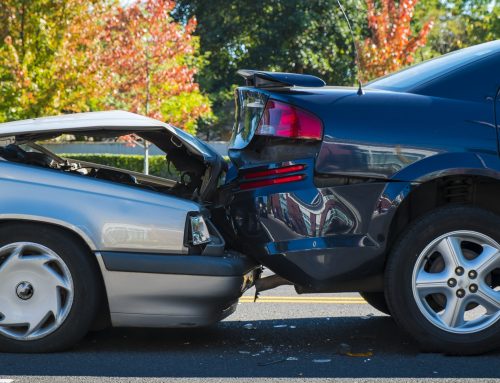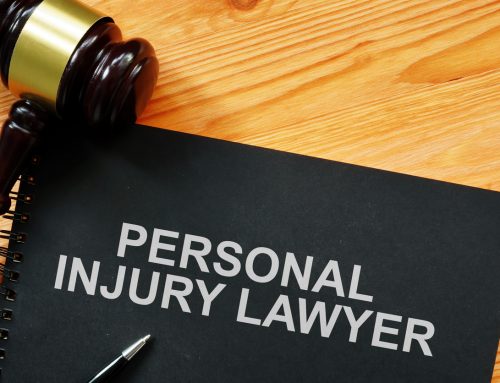When employees are injured while they are working, Workers’ Compensation is usually the only source of recovery. Workers’ Compensation will compensate an injured worker even if that worker was responsible for causing their own injuries. It does not matter who is at fault. All employers in New Jersey are required to provide compensation for workers injured while on the job. This responsibility frees most employers from the exposure to lawsuits by injured employees.
However, fulfilling employment responsibilities often takes employees away from the workplace where they can be exposed to injuries caused by third parties. In those cases, a separate cause of action can arise against the third party giving an employee a second source of recovery for their injuries.
When you are represented by a Worker’s Compensation attorney at Deutchman & Drews, you get a Certified Civil Trial Attorney that will help you collect the maximum compensation from all available sources.
How Workers’ Compensation Works in New Jersey
All employers in New Jersey (not subject to federal workers’ compensation laws) must provide workers’ compensation benefits for employees injured while at work. Most employers purchase insurance to cover the exposure. The workers’ compensation benefits that must be provided to employees are:
- Medical treatment – Coverage for treatment that is ‘necessary and reasonable’. Providers are selected by the employer or insurance carrier.
- Temporary disability – Paid after an employee has been disabled for more than seven days at a rate of 70% of the employee’s weekly wage (subject to maximum and minimum amounts). The payments are retroactive to the first day of disability and are payable for a maximum of 400 weeks.
- Permanent partial disability – Payable after an employee has suffered a permanent impairment with payments based on the body part impaired and the percentage of impairment.
- Permanent total disability – Pays 70% of the average weekly wage for an initial period of 450 weeks. Benefits may continue beyond the initial period so long as an employee remains totally unable to work.
- Death benefits – Payments made to the surviving dependents of a deceased employee at the rate of up to 70% (depending on the number of dependants) of the employee’s weekly wage for up to 450 weeks. Certain medical expenses of the employee and $3,500 for funeral expenses are also covered.
Work-related injuries should be reported to an employer as soon as possible or the claim may be denied.
What Happens When Your Work Injury Was Caused by a Third Party?
Part of an employee’s job may include leaving the employer’s business and going to other locations for various reasons. On the way, an employee may get in a car accident caused by another motorist. Or an employee may slip and fall while at the business property of another.
As long as an employee’s activities are within the scope of their employment, Workers’ Compensation will be triggered if an injury occurs. When non-employer third parties are the cause of an employee’s injuries, the employee is entitled to claim workers’ compensation benefits and may pursue a separate legal action against the third party.
Why You Might Want to Bring a Third-Party Liability Claim
With workers’ compensation benefits there are limitations on the kinds of damages that are covered, the payment amounts, and the duration of payments. Workers’ compensation does not provide benefits for non-economic damages like:
- pain & suffering
- mental anguish
- diminished quality of life
- the loss of companionship if a loved one dies
A Third Party Liability Claim Does not Entitle a Worker to Collect Twice
Despite an employee’s ability to collect from both workers’ compensation and a third-party liability claim for the same accident, New Jersey Workers’ Compensation law prohibits collecting for the same damages twice. When a third party has liability for an employee’s injuries and a settlement is reached, an employer (or insurer) is entitled to reimbursement for the medical expenses and other compensation paid.
Get the Legal Help You Need to Recover for Work Injuries Caused by a Third Party
Someone who has been injured by a third party while working for an employer has a lot to deal with besides their injuries and being out of work. There can be issues as to whether a worker qualifies for Workers’ Compensation benefits. Even after benefits have started, disputes can develop over the necessity of medical treatment or the duration of compensation payments.
In third-party liability claims, fault must be determined in favor of the injured worker and damages must be proven in order to recover. A skilled legal advocate experienced in Workers’ Compensation and third-party liability claims knows what evidence is required to get the maximum available benefits for an injured employee.
Each of the New Jersey personal injury attorneys at Deutchman & Drews has over 30 years of civil litigation experience. Professional service and personal attention are what clients most appreciate about working with Deutchman & Drews. Call 732-828-1300 to schedule a free consultation or contact the firm here.

